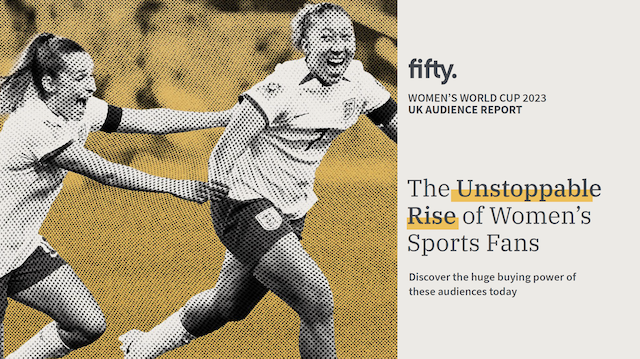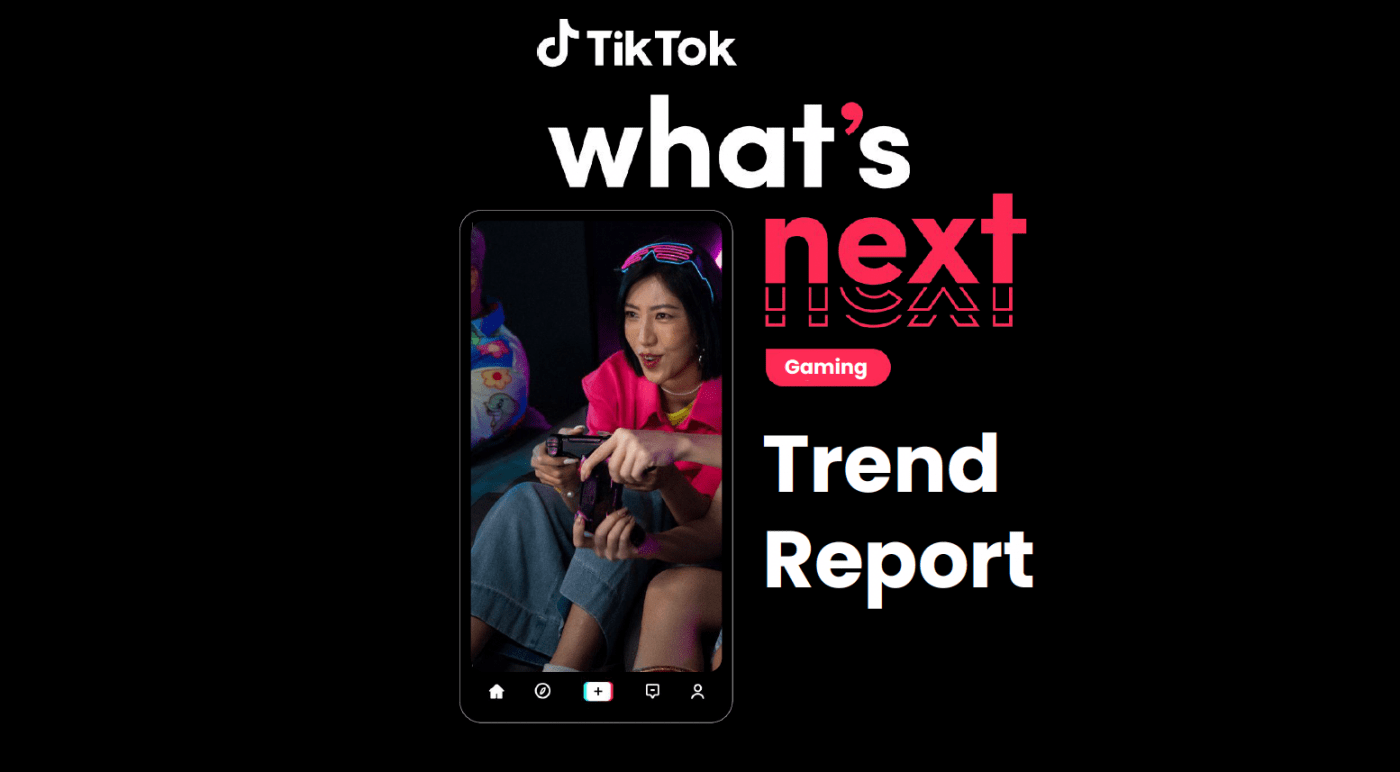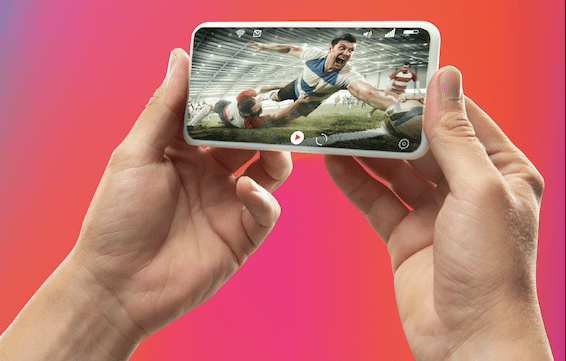Streamers and gaming influencers have audiences of loyal followers ranging from tens to tens of millions. These fans are not only engaging with live streamers and gaming personalities to help improve their gaming skills, but they also serve as a valued source of entertainment and information both related to and outside of gaming. In the power of gaming influencers report 2021 – part 3, YouGov explores why people around the world choose to follow gaming influencers, what makes them appealing and trustworthy, and how brands can identify successful partnerships in this space.
Whilst the size of their fan bases varies drastically from one influencer to the next, there is an underlying current to the data surrounding gaming personalities: their ability to create deep connections with their followers. This, in turn, makes them desirable allies for brands to partner with. The sense of connection and community between gaming influencers and their fans presents valuable partnership opportunities for brands looking to tap into a loyal and engaged audience.
The power of gaming influencers report 2021 – part 3 asks and answers a number of important questions, including:
- Why do fans follow gaming influencers? Whilst the shared interest in gaming is a key ingredient in the glue that binds gaming influencer fans together, there are other attributes that attract audiences to these personalities – in some cases, even more than the games they are playing. In fact, it’s the additional characteristics of humour, entertainment, and their individual personalities that attract followers and help create a connection with their favourite gaming influencers.
- How important is the game title? Whilst humour and personality keep fans coming back, it’s commonly the games these influencers play that initially attract followers to notice and engage with them.
- How trusting are fans of the gaming influencers they follow? A lot. Across 17 markets there is an average trust percentage of 66%, 7% higher of the average trust across all influencers. What does this mean to a brand? Well when a brand partnership iis executed effectively, fans’ trust in an influencer transfers to the brands they partner with, ultimately influencing an audience’s purchasing decisions.
- Are gaming influencer followers receptive to brand partnerships? Yes, and way more than you’re often led to believe. Gaming influencer followers are reliant on advertising to make purchase decisions – in the US, 52% indicate this is the case, vs. only 39% among the broader population. However, it is hard to reach this audience at scale, with 70% using ad blockers. Being part of the fabric of the content helps get around this
- Which brands and categories are best positioned to connect with gaming content fans? Based on analysis of Twitch Chat text, one of the most 3 talked about brand categories on the platform is Food and Beverages, with G FUEL, Pepsi and Doritos registering the top mentions in Twitch Chat globally over the past year.
Case studies on Oreo and Chipotle also provide interesting insights into how brands can approach gaming sponsorship campaigns.
The ability to reach hard-to-target demographics in an authentic way makes gaming influencers powerful allies for brands to partner with. Not only do gaming influencers attract a very loyal and unique audience, but they also have a stronghold among key demographic groups that often prove hard for brands to connect with using traditional media e.g., Gen Zs, males and specifically young men aged 18-34.
Click here to read The power of gaming influencers report 2021 – part 3.
In case you missed it, click here to read:
- The power of gaming influencers report 2021 – part 1.
- The power of gaming influencers report 2021 – part 2.
If you’re looking for advice from a sports media agency, Strive Sponsorship can help. Contact us for sports, gaming, esports, metaverse, sponsorship, commercial, content, media, operations, investment, and communications consultancy services.
Frequently asked questions
Who is an influencer?
An influencer is a person who inspires or guides the actions of others. The term is commonly used to refer to individuals with large and engaged followings on social media platforms who have a sway on their audience’s behaviour.
What do influencers actually do?
Influencers are usually social media content creators and/or personalities known within a certain realm e.g. sports, gaming, beauty, health, fashion etc. They are often paid to endorse or promote a product to their audience.
What is another word for influencer?
Depending on the sphere the influencer works in they could be called celebrities, vloggers, fashionistas, personalities and names of a similar ilk.














